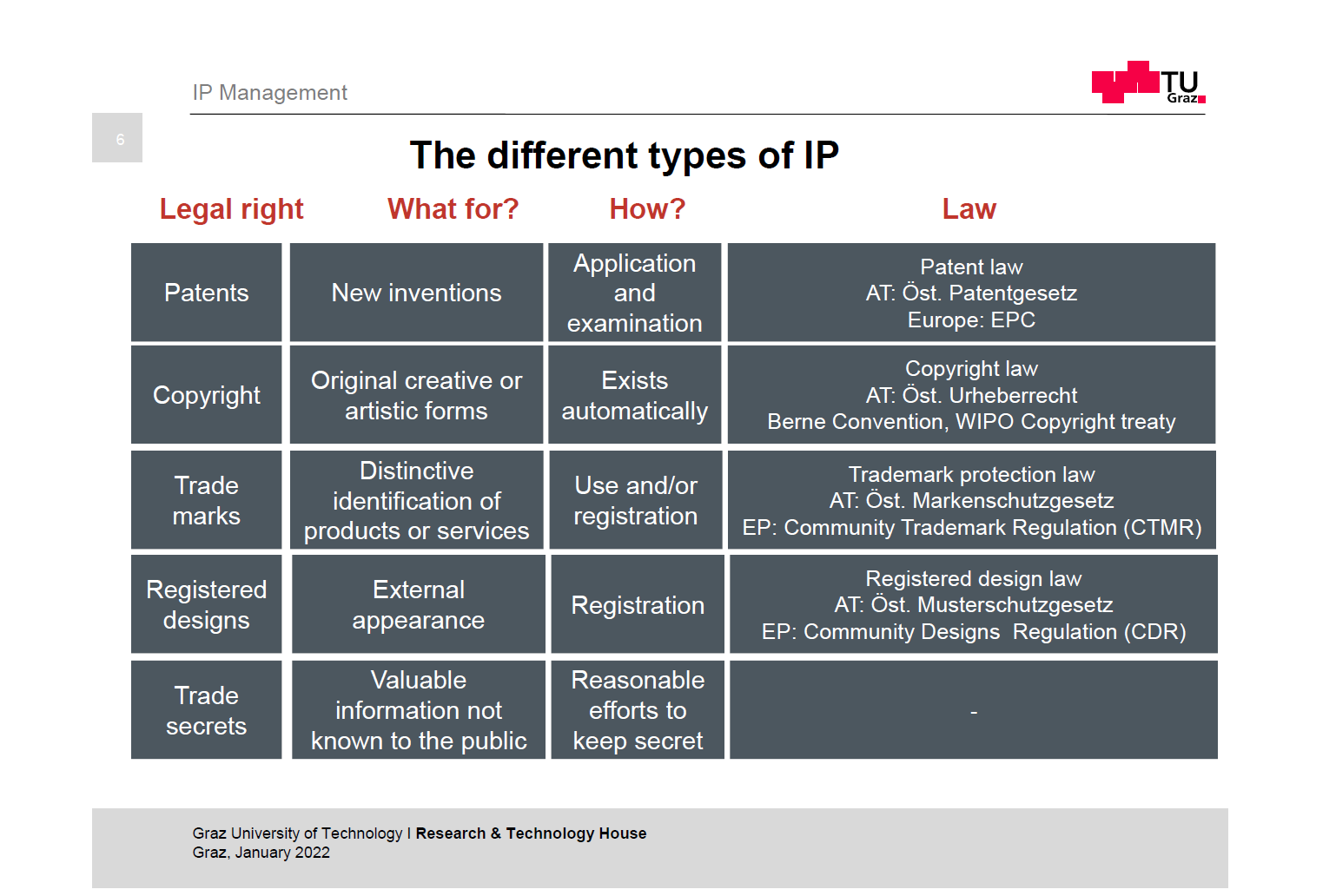Startup 101 by Nuqleus
IP Management


Published 25.07.2023.
Idea
Intellectual Property (IP) management is a critical aspect of modern business and innovation. It encompasses various forms of protection, including patents, copyrights, trademarks, and trade secrets, which safeguard valuable intangible assets. Understanding the nuances of IP management can significantly impact the success and growth of businesses, researchers, and creators alike.
Patents play a central role in protecting inventions and technological advancements. To obtain a patent, an invention must be new, inventive, and applicable in an industrial context. By securing a patent, inventors gain the exclusive right to use, sell, or import their products or processes, preventing others from exploiting their ideas. This protection incentivizes innovation and investment in research and development.
Copyright protection is automatic upon creation and endures for a substantial period, fostering creativity while ensuring artists and authors can benefit from their works. For businesses, copyrights can secure proprietary software or marketing materials. Trademarks are essential for brand protection and recognition. By registering trademarks, businesses can distinguish their products and services from competitors. Additionally, trade secrets encompass valuable information that companies keep confidential to maintain a competitive advantage. Unlike patents or copyrights, trade secrets are not publicly disclosed, making them crucial for protecting proprietary know-how, manufacturing processes, or customer data. Licensing and exploiting IP rights can also be beneficial. By granting others the right to use or develop their IP, creators and companies can generate additional revenue streams and collaborate with partners for mutual benefits.